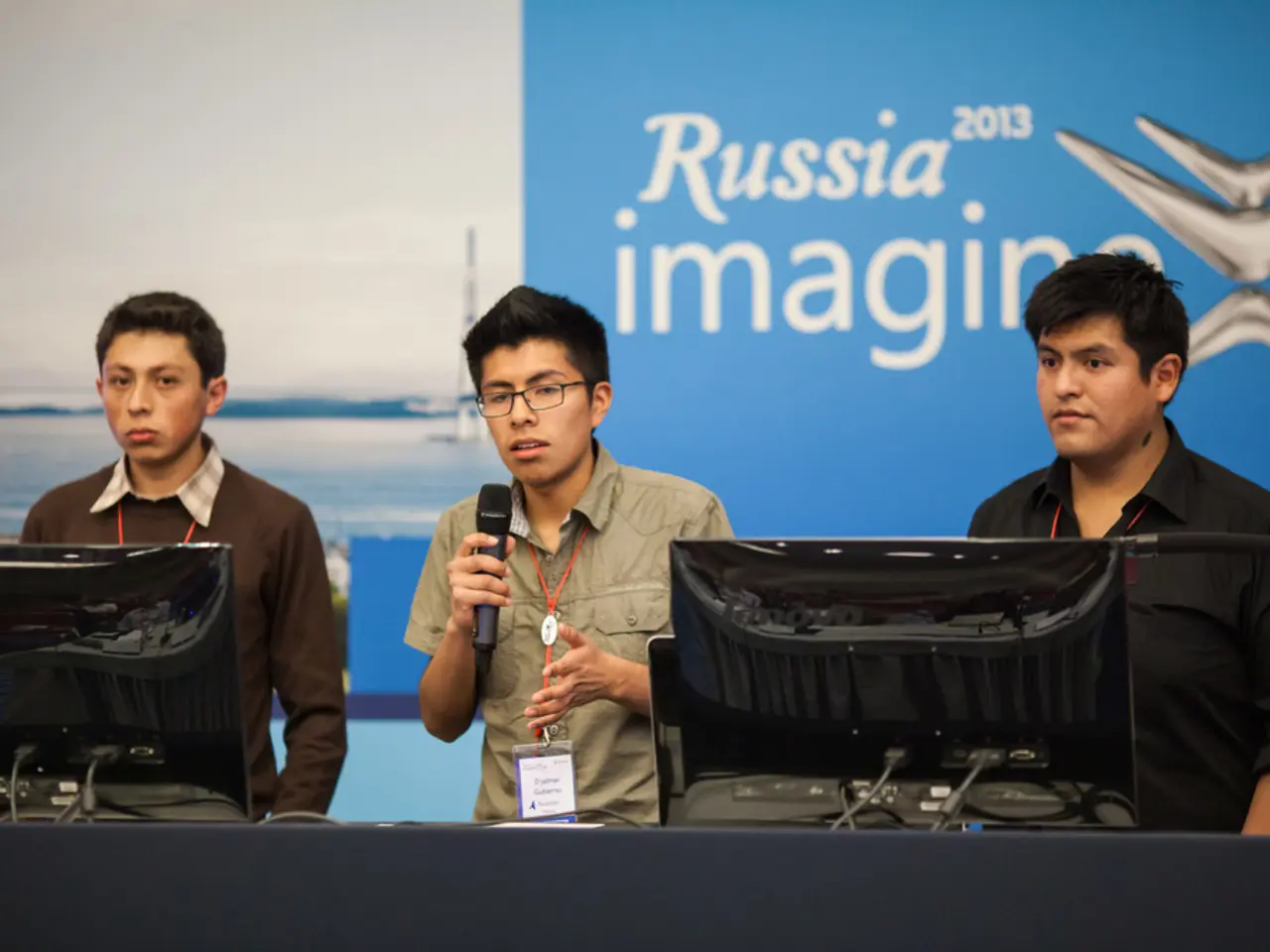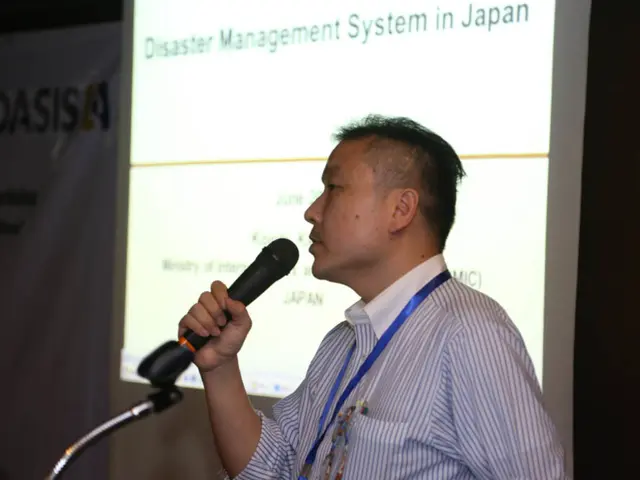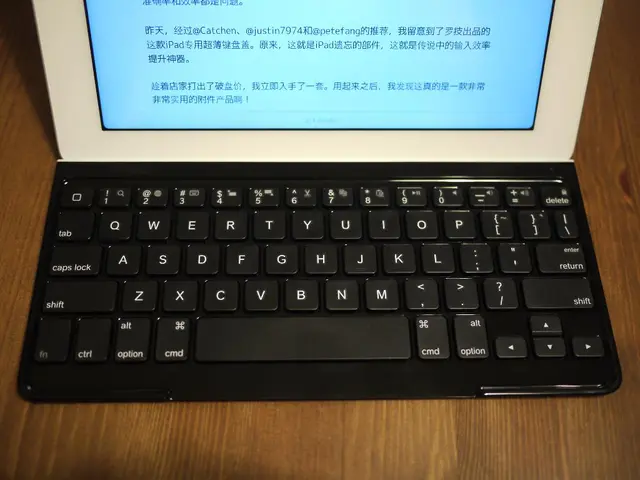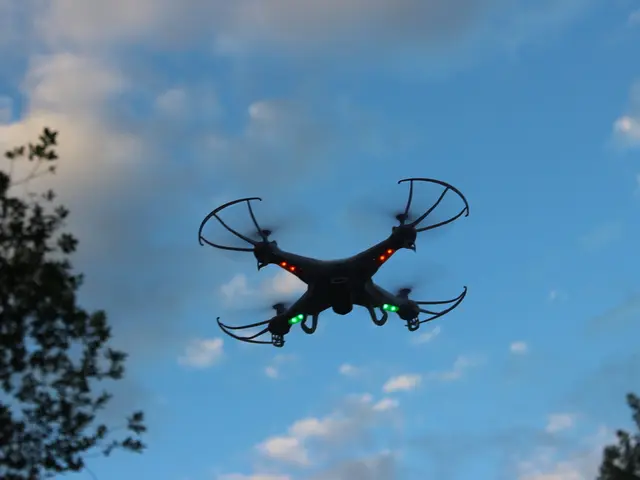SoftBank's investment in Intel bolsters Arm's chip production, according to WF.
Arm Holdings, the British semiconductor company known for its core architecture and intellectual property licensing, is making a significant shift in its strategy. The company has announced plans to develop its own AI chips, marking a pivotal evolution in its business dynamics and competitive landscape [1].
At the helm of this initiative is Rami Sinno, former director of Amazon's AI chip division, who has recently joined Arm [1]. Sinno was instrumental in the development of Amazon's AI chips, Trainium and Inferentia. His expertise is expected to be crucial in Arm's quest to build complete in-house AI processors.
Arm's CEO, Rene Haas, has announced increased research and development spending, reflecting the company's commitment to this new direction [1]. To boost its chip and systems capabilities, Arm is also strengthening its engineering team with experts from Hewlett Packard Enterprise, Intel, and Qualcomm. Steve Halter, a chip engineer with experience at Intel and Qualcomm, and Nicolas Dube, a former HPE executive with large-scale systems design experience, are among the new hires.
This move aligns with Haas's stated vision to increase investment in integrated chiplet solutions, though specific product timelines or profit forecasts have not been disclosed yet [1]. The potential implications include a significant reshaping of Arm’s business model and market position. Industry analysts anticipate robust revenue growth fueled by AI data centers and higher royalties, projecting up to $7.4 billion in revenue and $2.3 billion in earnings by 2028 [2].
SoftBank, a major investor in Arm, has played a significant role in this transition. SoftBank continues to expand its stake in artificial intelligence, having acquired British AI chipmaker Graphcore and Ampere last year [1]. SoftBank's recent acquisitions include Ampere, a silicon design company focused on high-performance, energy-efficient AI computing based on the Arm platform [1].
The convergence of SoftBank's financial backing with Arm’s strengthened engineering capacity, including talent from leading semiconductor firms like Intel, supports Arm’s ambitions in AI chip development. SoftBank's investment in Intel makes it the sixth largest investor in the firm, with an equity stake of about 2% [1].
Moreover, the investment could provide additional foundry capacity for Arm Holdings. In 2023, Arm announced a collaboration with IFS to build low-power SoCs using Intel's 18A technology, initially focused on mobile and with plans to expand to automotive, IoT, and data center sectors [1].
This strategic move positions Arm as a potential competitor to some existing customers like NVIDIA [1]. The implications for the semiconductor industry could be substantial, with Arm's transition representing a significant reshaping of its business model and competitive landscape.
[1] Arm Holdings Press Release, 2022 [2] Wells Fargo Research Report, 2022
Read also:
- 1. Key Points for August 14: Gathering in Alaska, Immigration Enforcement (ICE), Financial service Zelle, Infowars, and Air Canada Airline Incidents
- Automobile manufacturer IM Motors reveals an extended-range powertrain akin to installing an internal combustion engine in a Tesla Model Y.
- Conflict Erupts Between Musk and Apple Over Apple Store's Neglect of Grok
- Partnership between MTN South Africa and SANTACO aims to advanced transportation systems and stimulate economic opportunities for the masses in South Africa.








